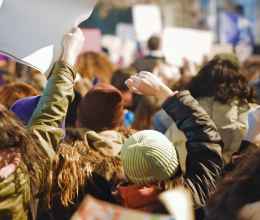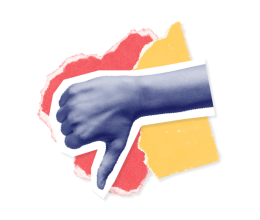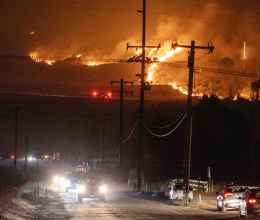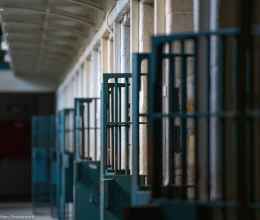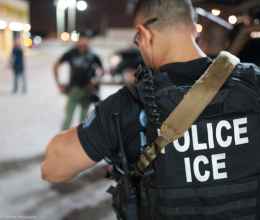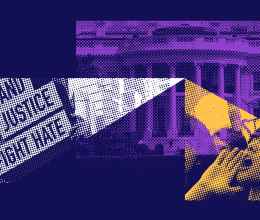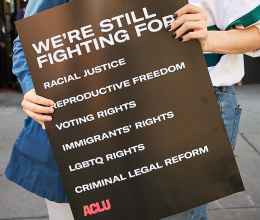
Most of the people reading this will do so from the comfort of a place they call home. At home, you have a comfortable place to sleep and privacy when you use the bathroom. You call for law enforcement officers when you need assistance and you don’t fear their sight.
People with homes are unlikely to experience discrimination based upon their economic status. Nor do people with homes worry about being exiled from their community.
Life is much different for people without homes. Homelessness can arise from a variety of circumstances but is almost always related to lack of money and affordable housing.
Citizens experiencing homelessness are among our most vulnerable. Living in the streets, exposed to the elements, finding a place to sleep in peace and attending to other normal bodily functions make for a difficult existence.
When these challenges are accompanied by the threat of arrest and prosecution for doing what we all must, then one may also experience fear and despair, or worse.
When cities pass laws against sleeping in public and other acts of survival, we refer to this as the criminalization of homelessness. Criminalization is bad public policy. It does nothing to address the root causes of homelessness, makes it more difficult for people to exit homelessness, wastes scarce public resources, burdens the criminal justice system, and results in bad public relations for the community.
Around the country many of us are working at repealing laws and practices that result in citizens experiencing homelessness being treated as criminals.
In the United States, we believe that all citizens have the same rights and are entitled to the equal protection of the laws. The rich and the poor may each use the same public parks and restrooms. All people should be free from illegal arrest or harassment. Everyone has the right to free speech and to be free from cruel and unusual punishment.
Many of these concepts are included in our Bill of Rights. The Bill of Rights helps define the relationship between government and its citizens by formulating explicit standards shared by all. Perhaps more important, the Bill of Rights provides protections for our most vulnerable citizens.
Oct. 10 marks World Homeless Day. It is also the beginning of a Florida campaign to enact a Bill of Rights for citizens experiencing homelessness.
The proposed bill recognizes that, like all citizens, people experiencing homelessness have a right to equal treatment under the law; the right to employment fairness; the right to personal safety; the right to enjoy public space; the right to rest; the right to vote; the right to personal property; and the right to be free of harassment.
The bill also recognizes that people have a fundamental right to shelter and to medical care. Perhaps most important, the bill forbids harassment of citizens based upon their housing status.
Rhode Island, Connecticut and Illinois have already led the way in enacting similar laws. We, the Florida Homeless Action Committee, drafted the Florida Bill of Rights for Citizens Experiencing Homelessness based in part on their example and in part on our local experience. You may find the full proposed Bill here: http://fhbor.blogspot.com/.
This campaign has already been endorsed by a wide coalition of national and Florida groups. I hope you will join them.
This post first appeared in the Sarasota Herald Tribune.
